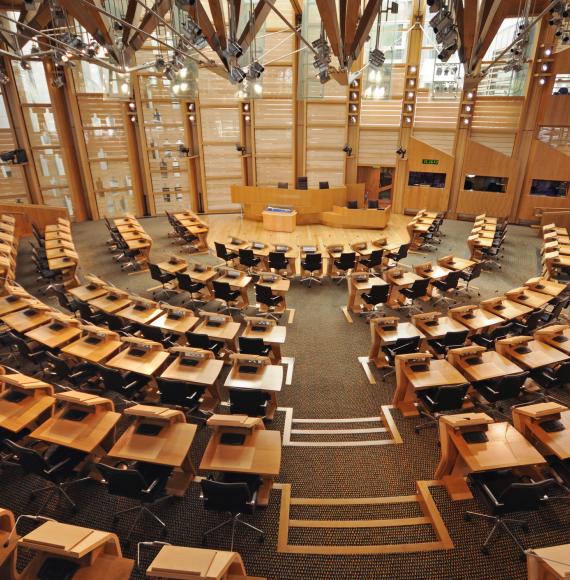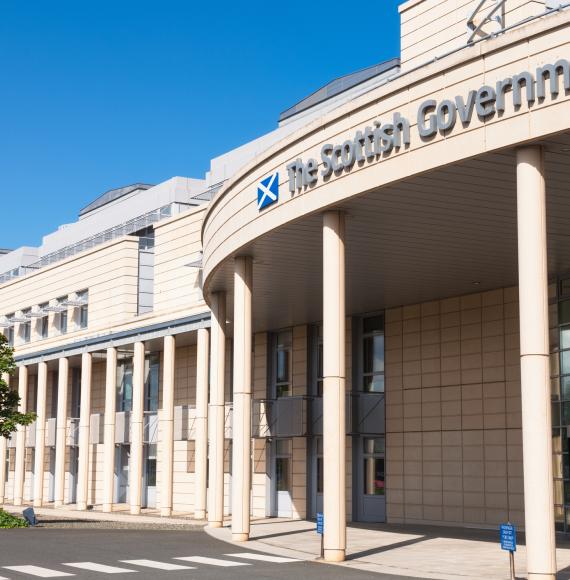Amid reports that the Prime Minister has ordered a review of low traffic neighbourhoods, the Local Government Association has stated that it would not be necessary.
For the last three years, low traffic neighbourhoods have been established in cities around the country, including London, Birmingham and Bournemouth, with councils being allocated tens of millions of pounds worth of funding to support the scheme. The aim of the scheme is to reduce traffic and encourage communities to partake in active travel, however Transport Secretary Mark Harper announced earlier this month that funding was stopping.
In a response to the reports that a review of Low Traffic Neighbourhoods has been ordered, the LGA’s transport spokesperson Cllr Linda Taylor, said:
“Councils are on the side of all road users and residents, and are working hard to tackle congestion, make our air cleaner and improve the quality of life in their communities. We want to work with government to achieve this.
“It is important that we consult with all residents and businesses to find the best solutions to ease congestion and improve air quality for everyone.
“However, it is councils who are best placed to make decisions with their communities in improving the lives of people and businesses. As democratic organisations they continually review all kinds of services and schemes based on local circumstances. Therefore, a national review if unnecessary.
“Only with long-term certainty of funding and consistency of government policy can councils invest confidently in transport schemes and help meet the government’s own target of 50 per cent of urban journeys being walked, wheeled or cycled by 2030.”
The news of the review comes amidst a period of conflict over the government’s environment policies as critics, some of whom are members of the Conservative Party, argued that the measures implemented are stopping the freedom of those who use their cars. Further to the argument around low traffic neighbourhoods, the government’s 2030 deadline for the sale of new petrol and diesel vehicles was also brought into question. This debate saw a group of 43 Conservative MPs and peers sign a letter to the Prime Minister, which suggested that the date be pushed back to 2035 in order to prevent ‘grave harm to the economy.’
Despite the letter stating that ‘the public can only be left worse off by a heavy-handed ban that leaves them unable to purchase the vehicles they want’, Prime Minister Rishi Sunak didn’t waver. He said that “the 2030 target has been our policy for a long time and continues to be – we are not considering a delay to that date.”
An alteration to the date by which new petrol and diesel vehicles cannot be sold would not only impact the wider government plans of achieving net zero but would also cause problems among local authorities. Many local governments are already hard at work establishing electric vehicle (EV) infrastructure and, whilst more time to bring the infrastructure in could allow some to get into a better position, it may also impact the funding that councils are allocating to EV infrastructure projects.
Image credit: iStock



















